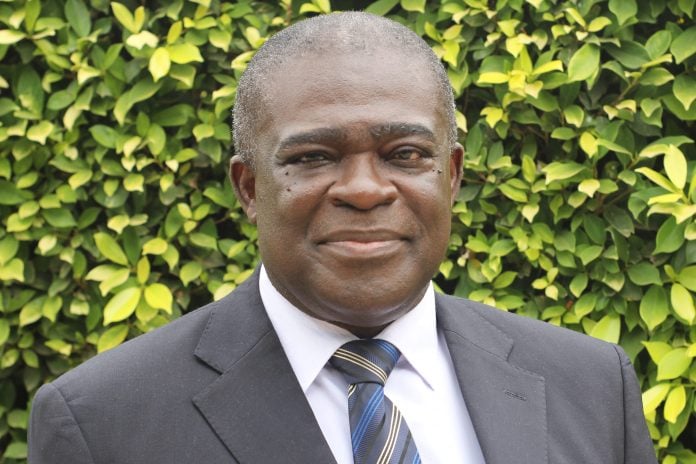Rev. Dr. Kwabena Opuni-Frimpong, the former General Secretary of the Christian Council of Ghana, has voiced strong concerns regarding the growing trend of monetization within Ghanaian politics, which he believes is contributing significantly to electoral violence in the country. In an appearance on Adom FM’s Dwaso Nsem, Dr. Opuni-Frimpong characterized the current political landscape as increasingly perilous, where the competitive nature of elections has transformed into a “do-or-die” situation driven by the substantial financial stakes involved. He highlighted that politicians, eager to protect their financial investments in the electoral process, are prone to taking extreme measures, including inciting violence among their supporters. Such actions not only threaten the peace of the nation but also lead to dangerous ramifications both during and after elections.
Drawing attention to specific instances of electoral violence, Dr. Opuni-Frimpong reflected on the troubling events of the 2020 elections in Ghana where tragic deaths and injuries were reported. He emphasized that the thirst for power, combined with the financial investments made by political actors, leads to a distressing culture that prioritizes winning over the wellbeing and safety of citizens. This environment fosters a mindset among politicians that encourages them to deploy provocations that can escalate to violence, thereby undermining democratic principles and civil order. The urgency of the situation demands that all political actors reflect on their responsibilities and the broader implications of their actions, particularly as the nation gears up for future elections.
In light of the upcoming December elections, Dr. Opuni-Frimpong implored politicians to prioritize peace above all else, stressing that governance can only flourish in an environment marked by stability and tranquility. He underscored the critical importance of establishing mechanisms that effectively curb election-related violence, urging all stakeholders to engage in dialogue around the necessity of peaceful campaigns and the avoidance of actions that could lead to conflict. His plea resonates with the need for a collective effort to foster a political culture rooted in respect, civility, and the prioritization of the nation’s wellbeing over individual ambitions.
Dr. Opuni-Frimpong’s concerns regarding the monetization of politics extend to the implications for the electorate, as they are often placed in difficult positions amidst violent political campaign practices. Voters may feel coerced or threatened either to align with particular parties or to remain silent regarding injustices they witness during campaigns. This not only undermines the electoral process but also raises ethical questions about the integrity of democracy in Ghana. Dr. Opuni-Frimpong’s call to action for politicians serves not only as a reminder of their roles but as a wider appeal for the electorate to demand better standards and accountability from those vying for power.
Furthermore, Dr. Opuni-Frimpong’s insights reflect a broader concern regarding the nurturing of a culture that values financial gain over democratic engagement. As political campaigns become more financially driven, the potential for corruption increases, further exacerbating the challenges facing the electoral system. The former General Secretary emphasizes the importance of transparency and the need for regulatory frameworks that discourage financial malpractices in politics. By advocating for an electoral process that prioritizes ethical conduct, he envisions a political arena in which leaders are chosen based on merit rather than financial clout or coercive tactics.
Ultimately, Dr. Opuni-Frimpong’s reflections emphasize that while the stakes of elections may be high, the importance of maintaining peace and security cannot be understated. As Ghana approaches another election cycle, the call for a peaceful electoral process is more pertinent than ever. Ensuring stability not only benefits politicians but protects the democratic rights of citizens, laying the groundwork for a governance structure that is both fair and reflective of the people’s will. The collective responsibility of all political actors—politicians, supporters, and voters alike—must be to engage in practices that promote peace, ensuring that the political future of Ghana can be characterized by cohesion rather than conflict.














